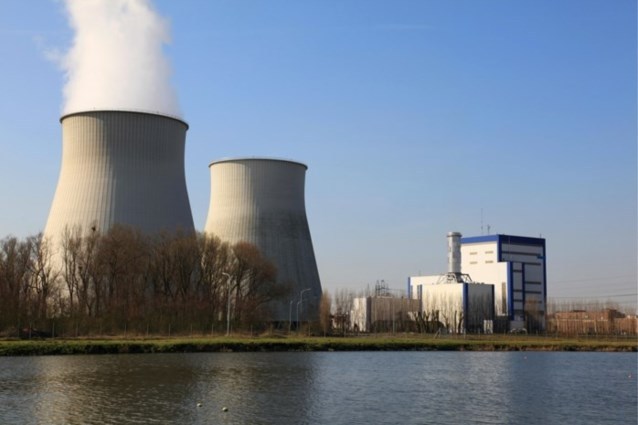Building the new gas-fired electricity plants, which were designed to compensate for the step away from nuclear energy by 2025, and could cost up to €13 billion, will no longer be necessary, according to a study.
The Belgian Commission for Electricity and Gas Regulation (CREG) told Europe that the study that triggered the expensive support structure for building the gas-fired power plants "greatly overestimated' the risk of electricity shortages.
That study was conducted by Elia, the Belgian high-voltage transmission system operator, and indicated that "something" had to replace the nuclear power plants in Doel and Tihange, that have to be closed by 2025 according to the law, to avoid power shortages in Belgium.
Up to 3,600 megawatts of new capacity would be necessary to ensure power supply at all times, according to Elia's initial estimations. In order to obtain those megawatts, nine additional gas-fired power plants would have to be built.
However, a new study by energy regulator CREG shows that Elia greatly overestimates the risk of power shortages, as it took into account the two incredibly severe winters in the 1980s in its calculations far too much. Climate change has rendered the likelihood of winters like that occurring again in the future very small, according to the first analyses by climate expert Wim Thiery, who made the calculations for the CREG study, reports De Standaard.
Related News
- Belgium's total electricity share from renewable energy reaches new highs
- Belgian nuclear plant shuts down until summer
- Belgium will not be ready to stop using nuclear energy in 2025
"The colder it gets, the more electricity we use. But in Belgium, the climate has already warmed up by two degrees, during cold periods even by three, and every decade half a degree is added to that," said Thiery, reports VRT.
The creation of a strategic energy reserve would be much more beneficial to compensate for the possible power shortages than the expensive gas-fired power plants that would need to be built, according to the study.
This means, in practice, that the existing power plants that are no longer profitable and would normally be closed, will still be kept on stand-by in exchange for financial support for the operators.
According to the federal energy regulator, this will be much cheaper than building new gas-fired power stations, which will "no longer be necessary."
CREG's concern about the costs is mainly prompted by the continuing uncertainty about where the money for the gas plants would come from, as there is no mention of it in the federal government's current plan.
It would be a likely possibility that all costs for the support system, which CREG estimated between €614 and €940 million over 15 years, would be passed on to the customers via their electricity bill.
The energy regulator has shown its findings to the European Commission, which is currently investigating whether or not to approve the Belgian support system that should stimulate investment in new electricity capacity.
Maïthé Chini
The Brussels Times

